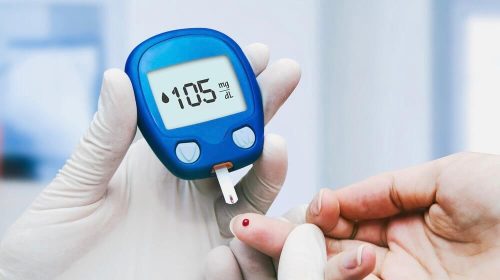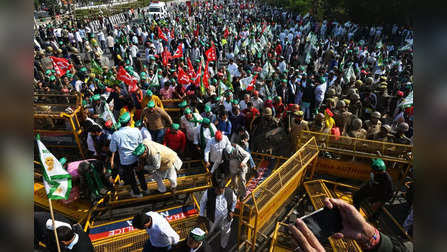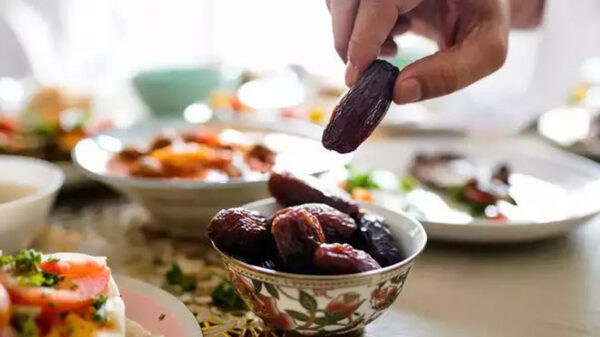During the month of Ramadan, devout Muslims fast from Subeh Sadiq to sunset. After abstaining from food and drink for a long time, many people eat more in Iftar, which is one of the reasons for weight gain. Physicians and health experts advise avoiding high-fat foods when breaking the fast. Research shows that those who fast and eat as much as they want gain weight at the end of the month. If you keep in mind a few small things, stay away from gaining weight in Ramadan, but it is possible to reduce it. Reducing sugar levels
After fasting for the whole day, eating sugar in Iftar immediately restores energy to the body. But after a while I started to feel lazy. Sugar contains a lot of calories, which helps in weight gain. When you break the fast, you must keep in mind the amount of sugar you are consuming.
Balanced Diet: Focus on fiber foods, such as vegetables and fruits, rather than extra sugary and fried foods. You can also eat carbs. These foods help to keep the stomach full for a long time. Healthy foods are low in calories and keep weight under control.
Eat slowly: Do not eat all the food at once after breaking the fast. Eat slowly over time. It takes time to understand if the food is hot in the stomach after the whole day. When you eat fast food, your brain cannot signal that your stomach is full. For this, chew food well.
Eat in small portions: Eat iftar at once without eating too much. Eat dinner after two hours of Iftar. Make sure your dinner is high in fat, carbs, and protein. Then eat sahri during sahri.
Re-hydrate: Drink two to three liters of water from Iftar to Sahri to meet the water requirement of the body throughout the day. Put watery foods or aquatic fruit on the food list. Water is very important for the release of toxins from the body.
Walking: Do not lie down in a hurry after Iftar or dinner. Take a short walk. Walking after meals also improves digestion. It is also good for those who have gastric problems.
Source: The Times of India.



















